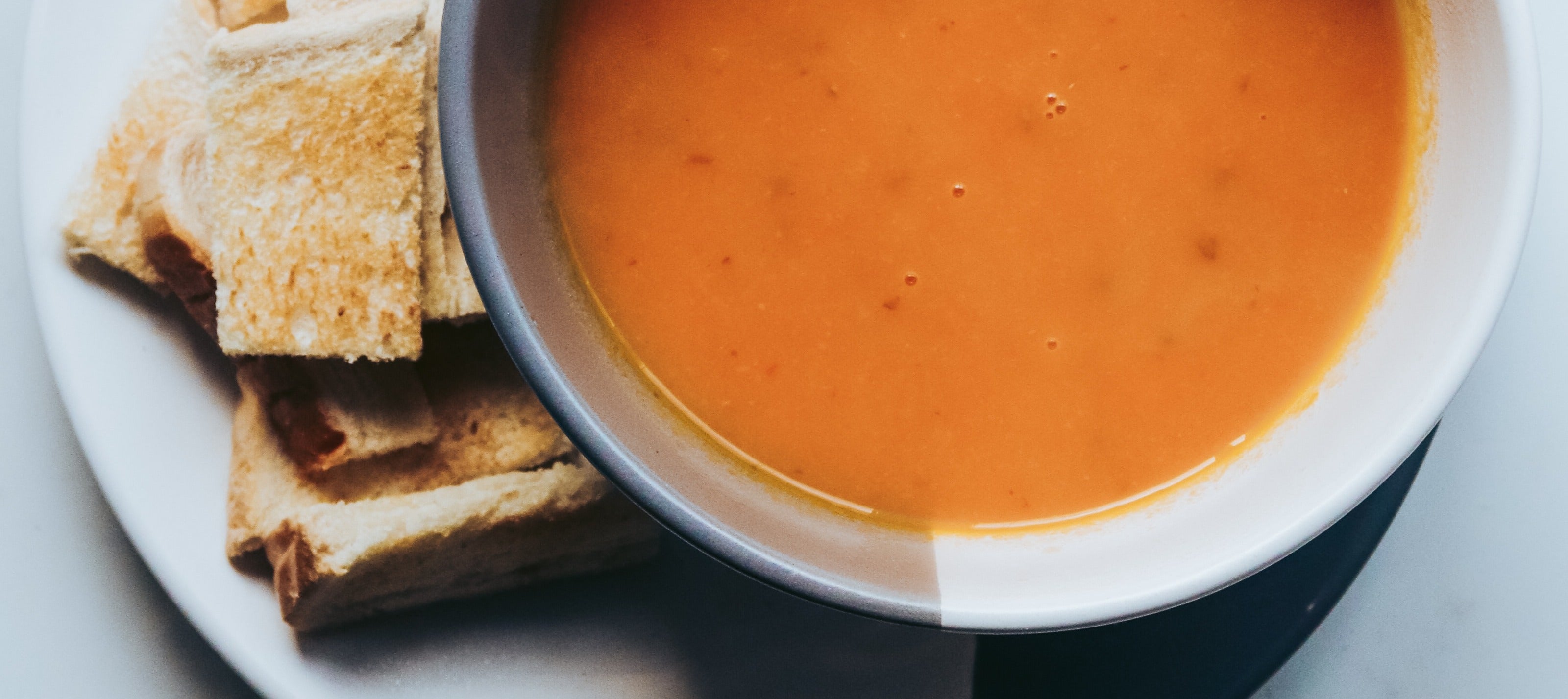Warm sunny days, fresh garden salads and summer tomatoes seem ages away. A lack of fresh produce and an affinity for rich comfort food can leave you (and your gut) feeling out of sorts this time of year. Don’t overlook some of these nutrient-packed winter foods to support your gut health naturally.
Oranges
Naturally sweet, oranges contain less fructose than other fruits. (While all fruit is healthy, high fructose fruits can contribute to digestive symptoms for some people).
Oranges are great sources of pectin, a soluble fiber that adds bulk to the stool. Pectin is found in the orange pulp, in higher concentrations in the peel, but minimally in orange juice. Add orange (or other citrus) zest to baked goods and pasta for a pectin (and flavor) boost. Oranges are well-known as a vitamin C source, helpful with iron absorption.

Dates
These mighty fruits are high in potassium and magnesium and have potential cancer-fighting properties. One study found that individuals consuming dates had a decrease in markers associated with colon cancer risk. Dates provide natural constipation relief and are good sources of fiber (3 grams of fiber in two Medjool dates).
These sweet fruits are delicious on their own, chopped in baked goods, or used as a sweetener in the form of a puree.
Oatmeal
The ultimate winter warmer, oatmeal is a rich source of soluble fiber. Uncooked oats are a good source of resistant starch, a type of carbohydrate used to fuel the gut and a producer of short-chain fatty acids, associated with gut health benefits. Uncooked outs can be added to a smoothie, sprinkled over yogurt, eaten as muesli. If you need to be gluten-free, look for certified gluten-free oats to avoid accidental contamination.

Lentils
Lentils have many health benefits, and are an impressive source of both soluble and insoluble fiber (seven grams total fiber in ½ cup) . Struggling with bloating? Lentils, like other legumes, contain hard-to-digest oligosaccharide starches, responsible for gas-forming. Slowly increasing intake of legumes can help your body adapt. Alpha-galactosidase, a rmdy ingredient, is an enzyme that can help break down this culprit. Look beyond lentil soup--consider seasoned lentils as a side dish or tossed in with a salad.
Potatoes
Potatoes get a bad rap and are one of the first foods eliminated on a low carb diet. However, they are usually a safe “go-to” when having digestive discomfort, as they are so are easy to digest. Leftover potatoes? Enjoy potato salad? Believe it or not, the process of cooking--then cooling--potatoes increases the content of beneficial resistant starch (see oatmeal, above).

Cabbage
While not the most glamorous of vegetables, cabbage is full of cancer-protective phytochemicals. Cabbage is also a good source of the amino acid glutamine, important for intestinal health. Cabbage has a reputation for being gas-forming, thanks to the presence of the oligosaccharide raffinose. However, cabbage (up to 3/4 cup green cabbage) is considered low FODMAP according to the MONASH University app. Sauerkraut and kimchi, fermented cabbage products, are good probiotic sources.
Ginger
Don’t put away the ginger after your holiday baking is done. Ginger can soothe stomach discomfort and curb nausea--that’s why it is rmdy ingredient. Look beyond baking uses: add a few slices in a stir-fry, add to salad dressing, sprinkle onto oatmeal or steep in tea.

Don’t Forget Soup
Ok, soup is a combination of foods, but it can be a soothing winter option if you are having digestive symptoms. Soups are also convenient options for incorporating many protective vegetables, legumes, herbs and spices. Feeling overly bloated? Well-cooked, tender veggies will be easier to break down and digest than a large salad. Soup a smart evening meal choice if you struggle with gastroesophageal reflux (GERD), as it will spend less time sitting in your stomach. Don’t overlook miso soup, a warming probiotic source.

